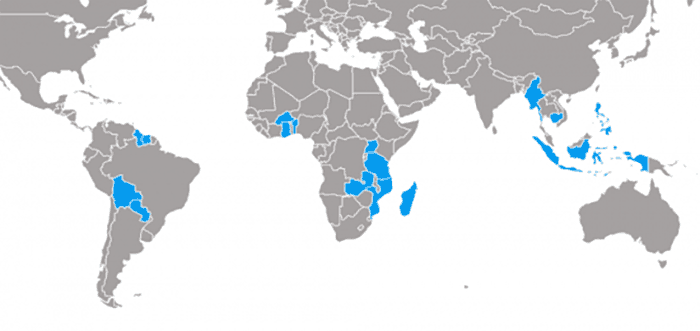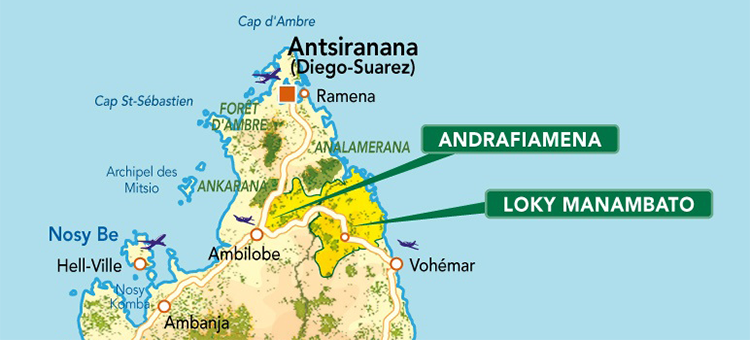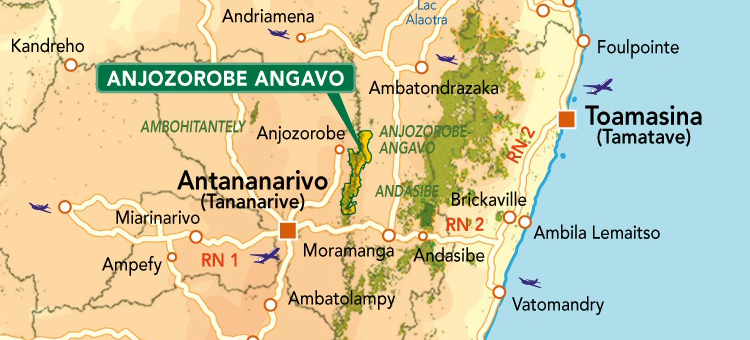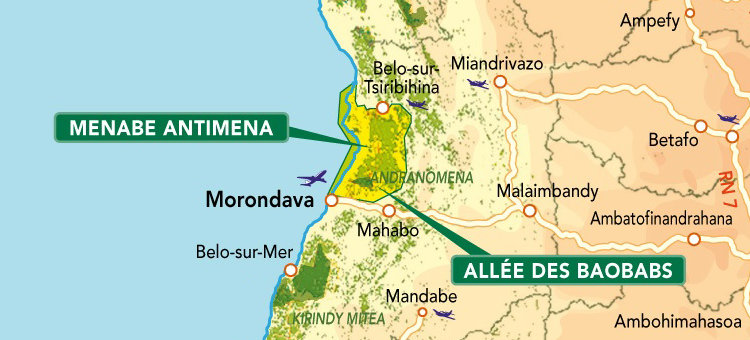IUCN, along with the IUCN National Committee of the Netherlands (IUCN NL), WWF Netherlands (Wereld Natuur Fonds) and the Netherlands Ministry of Foreign Affairs, have formed a strategic partnership to strengthen the capacity of local non-governmental organisations (NGOs) and other civil society organisations in 16 low and middle-income countries, including Madagascar, in order to enhance climate resilience, water supply and food security.

Businesses rely on natural resources to operate, which can create impacts and risks as well as opportunities and benefits. In order to ensure the sustainable use of these natural assets, there must be a balance between economic, environmental and social values. This calls for adopting an integrated approach whereby the interests of the various stakeholders in a specific landscape are aligned with, and in balance with, the capacity of the natural world.
Yet local communities and conservationists – represented in civil society organisations – are not always involved in decision-making processes regarding their landscape and natural environment, despite these groups having extensive local knowledge and being vulnerable to any changes in natural resource use.
The Shared Resources, Joint Solutions initiative or SRJS aims to establish a strong management capacity at the local level. The main intervention sites of the initiative are Ampasindava, Soalala and Anôsy. In fact, the sites are chosen due to the mining projects within these ecosystems sensible areas. While Bay of Baly in Soalala is chosen for the situation of the "angonoka" and the protected area of Ampasindava due to the rich activities near the protected area of Ampasindava, the Anôsy is the pilot site thanks to the experience through QMM project.
The consortium of the initiative gathers Alliance Voahary Gasy (AVG), Missouri Botanical Garden (MBG), Durrell Wildlife Conservation Trust, Association Famelona and Fanamby for its experience in responsible business. Since 2016, the consortium aims to promote strategic environmental evaluation within each territory. The idea is to promote a bottom up decision making in a country where local communities are rarely heard.
In the last couple of years, Fanamby is in charge of promoting responsible business engagement in Madagascar , at the national and regional level, through the promotion of organic and/or reponsible production in agriculture and fishery. The mitigation of the mining industry, activities in Ampasindava and Soalala being dormant, shall be considered within the environmental evaluation strategy for each territory.


